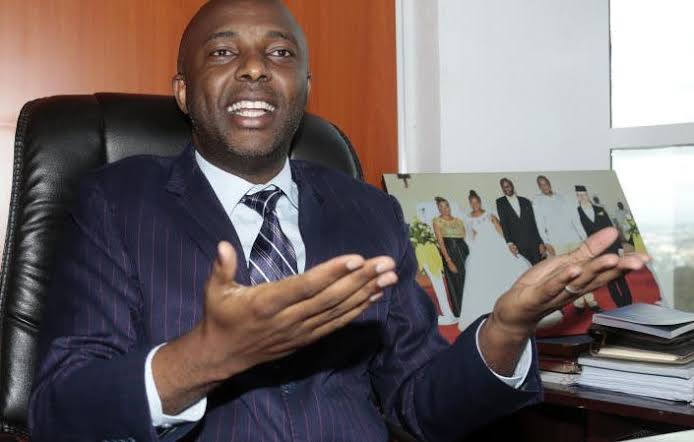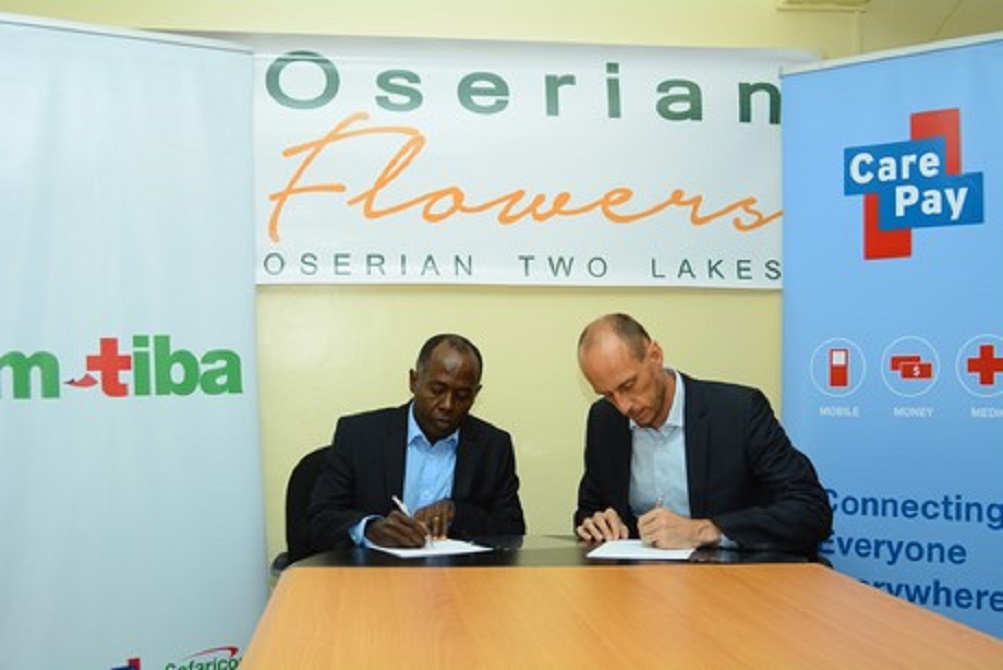Proposed New Rules May See More Money Flowing Into Kenyan Startups From Overseas
Kenyan startups may see more investments if the Kenya Citizenship and Immigration (Amendment) Bill 2020 sails through. By the terms of the proposed new law, Kenyans living in the diaspora may receive special benefits, including wealth security, to allow them to invest back home.

“The Cabinet Secretary may liaise with financial institutions in Kenya to negotiate favourable terms on the investments of any contributions that may be made,” the Bill, sponsored by Murang’a Senator Irungu Kangata, states.
A Big Bait On Kenya’s Large Remittance Market
The proposed new law will see Kenyans sending more money home than they used to. In 2020, Kenyans living abroad defied the pandemic to send Sh337 billion ($3bn) home, according data released by Central Bank of Kenya (CBK). The figure represents a significant increase from the Sh305 billion recorded in 2019. The money sent back home in December alone went towards the festivities and into school fees funding. The voluntary savings scheme proposed by the new bill will not only allow Kenyans living in the diaspora to form associations and voluntarily contribute contribute to a saving scheme, but will also allow them to invest in Kenyan projects and programmes.
“The Cabinet Secretary, may in consultations with the Cabinet Secretary for Treasury and the governor of Central Bank, develop policies and programmes offering incentives to Kenyans living abroad to invest in Kenya,” the Bill states
Key actors under the bill will be Foreign Affairs Cabinet Secretary, who is required alongside the Central Bank governor, to establish a database setting out information on programmes and projects in Kenya for investment by Kenyans living abroad. Among other things, the Bill requires the Cabinet Secretaries and the governor to put in place measures for the prevention of fraudulent practices that hinder investment, in Kenya, by Kenyans living abroad.
Read also:Business Now Registered In Just Ten Minutes In Benin, Making It №1 In The World
The passage of the bill will most likely be a mere formality as the east African country has most recently launched its first ever Diaspora Investment Fund. The fund which is being managed by African Diaspora Asset Managers (ADAM), an investment firm that has been granted the first licence of its kind by the Kenyan Capital Markets Authority, will among other things, provide a safe and regulated investing body for Kenyans living overseas. It will also allow payments to be made using Kenya’s popular mobile money platform M-Pesa, enabling Kenyans to make investments from as little as five dollars.
Read also:No More Sale Of Personal Data To Third Parties Under Kenya’s Proposed Data Rules
“The use of technology will be the hallmark of the five diaspora funds, available to investors from all over the world as well as Kenyans. Using the ADAM mobile app, they are able to invest, check their investment balances and even sell their units in real time using VISA cards, bank accounts and MPESA,” Susan Muigai, ADAM’s head of global business development, said.
Almost three million Kenyans living in mostly North America and Europe sent an estimated $3bn in remittances to Kenya in 2019.
While remittances are usually sent to families, direct investment is also common.
“Kenyans living in the diaspora send billions home every year, but mostly for consumption and social support. A few have tried their hand in investments including real estate and farming, but without a way to establish what is happening on the ground, it has in numerous instances ended up with them losing their hard-earned money. We are delighted with this development, as all this will now be a thing of the past, as those investing through these licensed diaspora Funds will have the recourse and protection of the CMA as a regulator,” Abubakar Hassan, director of market operations at the Capital Markets Authority, said.
If the investments from the Kenya diaspora are well managed, they could be a huge opportunity for startups in the country. Despite a population of about 52 million people, about four times smaller than that of Nigeria, Africa’s most populous and richest country, startups in the east African country raised the largest funding amount in 2020 with over $194 million recorded, ahead of Nigeria’s $170 million, according to the latest data gathered by Startuplist Africa on the African Startup Ecosystem.
In 2020, the National Information, Communications and Technology (ICT) Policy was passed which , among other things, encouraged pension funds in Kenya to set aside 5% of their investments for the local ICT startup ecosystem.
Charles Rapulu Udoh

Charles Rapulu Udoh is a Lagos-based lawyer who has advised startups across Africa on issues such as startup funding (Venture Capital, Debt financing, private equity, angel investing etc), taxation, strategies, etc. He also has special focus on the protection of business or brands’ intellectual property rights ( such as trademark, patent or design) across Africa and other foreign jurisdictions.
He is well versed on issues of ESG (sustainability), media and entertainment law, corporate finance and governance.
He is also an award-winning writer
Kenyan overseas investment Kenyan overseas investment











